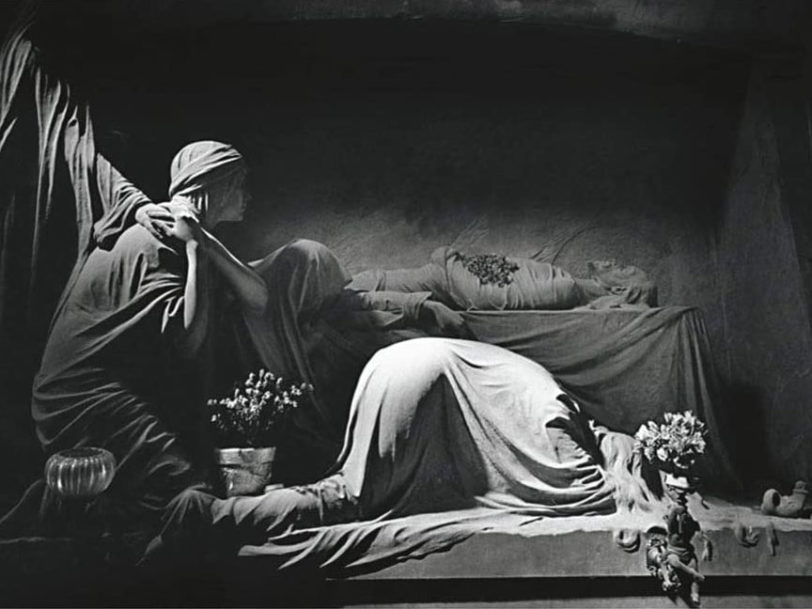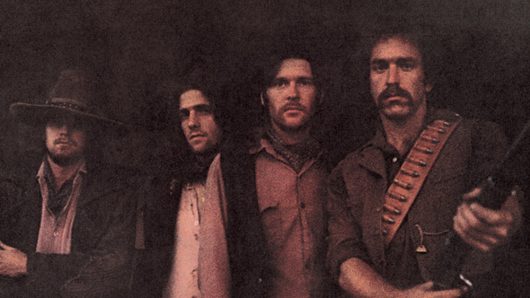In retrospect, Joy Division’s second album, Closer, created its own myth before it was even released. Though the album sessions (which also included the recording of the three songs that would make the free Komakino flexi disc, released on the same day as Closer) wrapped by the end of March 1980, it wasn’t issued until 18 July of that year – exactly two months after the band’s charismatic vocalist, Ian Curtis, committed suicide.
Inevitably, this tragic event has overshadowed the record’s subsequent reputation. Though the reviews were almost uniformly positive, they veered towards the ghoulish, with Dave McCullough’s five-star Sounds critique (which noted the music was “the aural equivalent of a rich marble slab, as luxurious and as poignant as the stony antique death image that adorns the sleeve”) typical of the florid response from the press. Consequently, while Closer peaked at No.6 on the UK charts – becoming Factory Records’ first Top 10 album – its success brought the coldest of comfort for Joy Division’s remaining members.
Listen to ‘Closer’ here.
“It broke my heart”
“I can’t really remember anything,” Peter Hook later told Uncut of that period. “The only thing I do remember was sitting in my car one morning. I went to tax my car at a place in Stretford [in Manchester]… I was listening to the Top 20 on the radio, and they went: ‘New in at No.13, Love Will Tear Us Apart by Joy Division…’ It broke my heart. It was things like that which brought home to us what we’d lost. It was awful.”
Time, of course, affords a little more perspective, which is necessary where Closer is concerned. Indeed, after admiring it from the distance of four decades, the realisation that it would still have been hailed as a masterpiece had Ian Curtis lived hits hard – and only adds to the poignancy when revisiting it now.
However, as stark and emotionally compelling as Closer remains, its creation wasn’t anything as melodramatic as the myths surrounding it lead us to believe. In the immediate aftermath of recording their debut album, Unknown Pleasures, the band had already written key Closer numbers such as Atrocity Exhibition and Colony during the summer of 1979, and they’d performed early versions of most of the new album’s tracks during their European tour in January 1980. As Bernard Sumner recalled in an interview with Uncut, Joy Division were in an upbeat mood as they prepared to record their second album.




